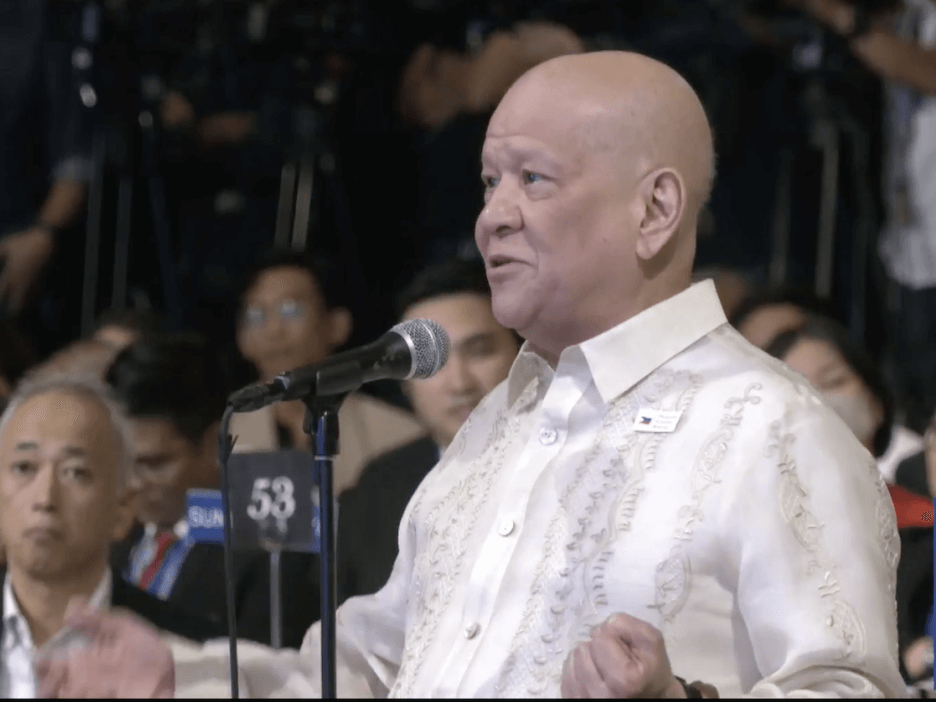

Speaking at the Philippine Economic Briefing in Pasay City on Monday afternoon, tycoon Ramon Ang said that, without these price distorting elements, fuel and power prices in the Philippines would be lower than those in Malaysia, Indonesia or Thailand.
“As you know, we — San Miguel Corp. and Petron — are in Malaysia,” he said, referring to the country’s largest petroleum refiner and distributor. “In Malaysia, the price of gasoline is P20 per liter. In the Philippines it is P60.”
He said that this is because the Malaysian government subsidizes an equivalent of one-third of the Philippines’ cost, while the other third is due to taxes.
“The Philippine government imposes taxes, and our neighboring countries don't impose taxes,” he said. “But if you look at it on a equal basis, our prices without the subsidy and without taxes are even lower than Malaysia, Indonesia and Thailand.”
The same situation is played out in the power sector, Ang said.
“Our power generation compared to our neighboring countries are lower, but we impose taxes on the power sector, on fuel, and we also don't subsidize,” he explained. “We don't give subsidy on power. That's why our power prices are higher.”
Despite this, the San Miguel chief pointed out that higher power costs should not deter foreign investors who are bent on taking advantage of local opportunities.
“If you are a foreign investors that want to come to the Philippines, that is not a reason for not coming,” he said. “You should come and put up your own power generation [plant] for your factory.”
This process, he said, is relatively easy and is even being encouraged by the government.
Ang said the absence of market-distorting government subsidies means the Philippine energy industry is operating under a more competitive regime.
“Our neighboring countries are still subsidizing heavily on fuel and power,” he said pointing to the average oil production of 1 million barrels per day of some Asean countries, while the Philippines’ oil output stands at a paltry 6,000 barrels per day. “That's why they can put in subsidies.”
The head of the country’s largest conglomerate said that, to remedy this, authorities should make sure to stake the country’s claims on the petroleum reserves in the West Philippine Sea.
“We don't have oil, but we have a very big reserve in West Philippine Sea,” he said. “Let us not let go of it. We should protect our territory.”

Senior Reporter
